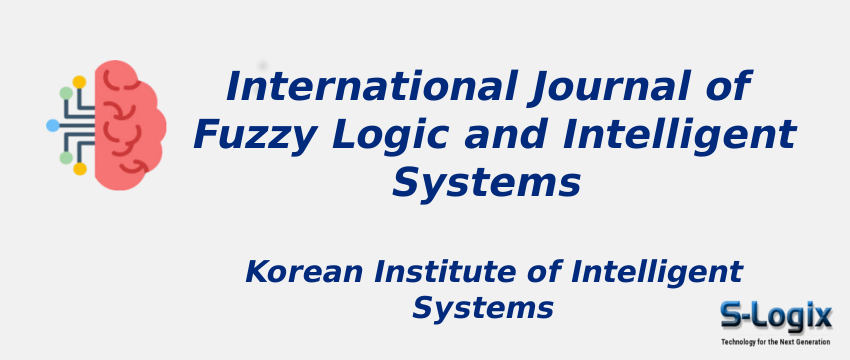Journal Home: Journal Homepage
Editor-in-Chief: Jin-Woo Jung
Print ISSN: 15982645
Electronic ISSN: 2093744X
Abstracting and Indexing: Scopus
Imapct Factor :
Subject Area and Category: Computer Science, Artificial Intelligence, Computational Theory and Mathematics, Computer Science Applications, Signal Processing, Mathematics, Logic
Publication Frequency:
H Index: 19
Q1:
Q2:
Q3: Artificial Intelligence
Q4:
Cite Score: 3.1
SNIP: 0.676
Journal Rank(SJR): 0.331
Guidelines for Authors: International Journal of Fuzzy Logic and Intelligent Systems Author Guidelines
Paper Submissions: Paper Submissions in International Journal of Fuzzy Logic and Intelligent Systems
Publisher: Korean Institute of Intelligent Systems
Country: South Korea
